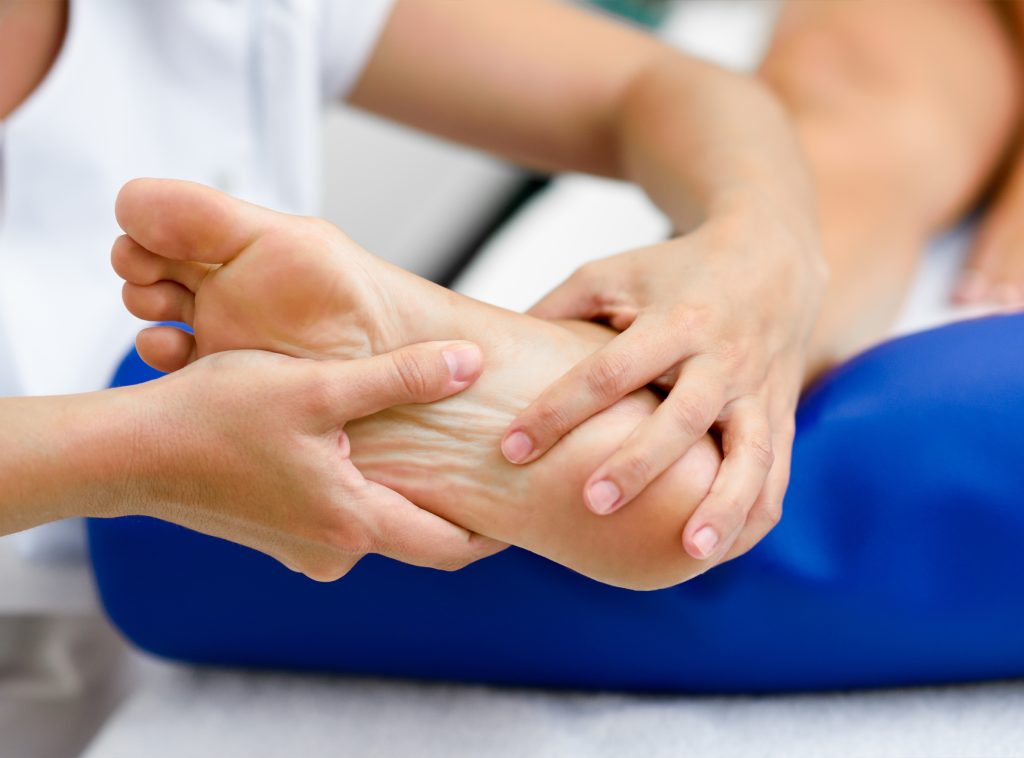The Importance of Gratitude in Fostering Donor Relationships
Gratitude plays a central role in cultivating and sustaining meaningful donor relationships. In the nonprofit world, where trust and emotional connection often determine the success of fundraising efforts, expressing heartfelt appreciation is not just courteous it is strategic. Gratitude demonstrates that an organization values and respects its donors, making them feel like an integral part of its mission. This acknowledgment fosters a sense of belonging and deepens the connection between donors and the causes they support. When donors feel genuinely appreciated, they are more likely to continue supporting an organization over time. A simple thank-you note, personalized to reflect the donor’s specific contribution, can leave a lasting impression. It conveys that their gift, whether monetary or otherwise, has made a tangible difference. Beyond recognition, gratitude reassures donors that their investment is respected and that their efforts align with the organization’s values and goals. This sense of alignment is vital in maintaining their enthusiasm and commitment. Moreover, gratitude strengthens the emotional bond between donors and the organization.
Many donors contribute because they are emotionally invested in the cause. Acknowledging their generosity not only affirms their decision to give but also reaffirms their connection to the mission. By regularly showing gratitude, nonprofits build loyalty and trust, ensuring that donors feel confident their contributions are being used effectively and ethically. This trust is critical in a competitive landscape where donors have countless options to support causes. Expressing gratitude also opens the door for deeper engagement. A donor who feels valued is more likely to participate in other activities, such as volunteering, attending events, or advocating for the organization. For example, a handwritten thank-you letter followed by an update on how their funds were utilized can inspire donors to become ambassadors for the cause. Gratitude transforms a transactional relationship into a partnership, where donors feel they are part of a community working toward a shared goal. In addition, gratitude can be a powerful motivator for repeat giving.
Studies have shown that donors who are thanked promptly and sincerely are more likely to give again. On the contrary, failing to acknowledge a gift can lead to donor attrition. When organizations neglect to express appreciation, donors may feel undervalued and question their choice to contribute. Therefore, a culture of gratitude not only retains donors but also encourages long-term support, which is essential for the sustainability of nonprofit organizations. The impact of gratitude extends beyond individual relationships to shape the organization’s reputation with Groupfund text message fundraising. A nonprofit known for its genuine and thoughtful donor engagement is more likely to attract new supporters. Word-of-mouth referrals from satisfied donors often highlight how appreciated and respected they feel, creating a positive feedback loop that enhances the organization’s credibility and reach. In conclusion, gratitude is a cornerstone of successful donor relationships. By making donors feel seen, valued, and connected to the mission, nonprofits can build enduring partnerships that drive their work forward.


